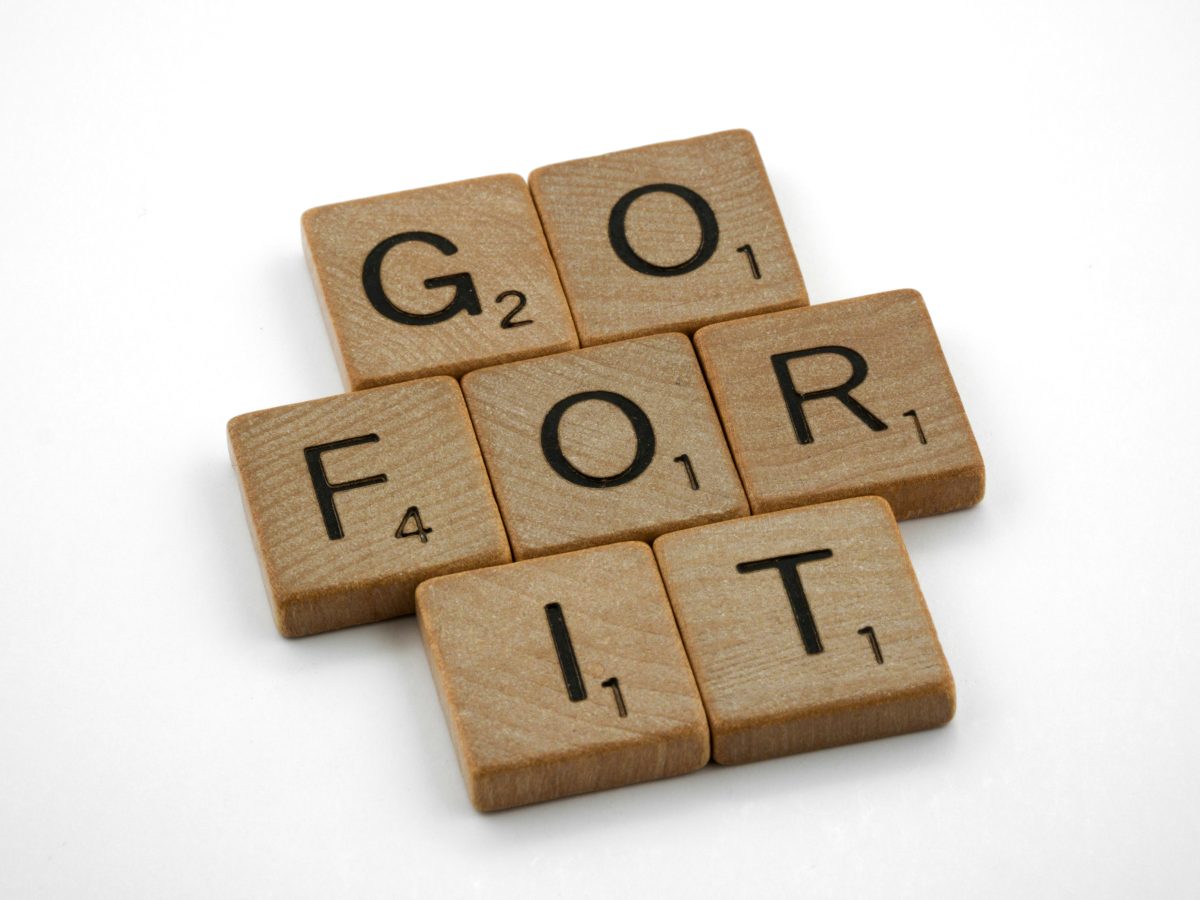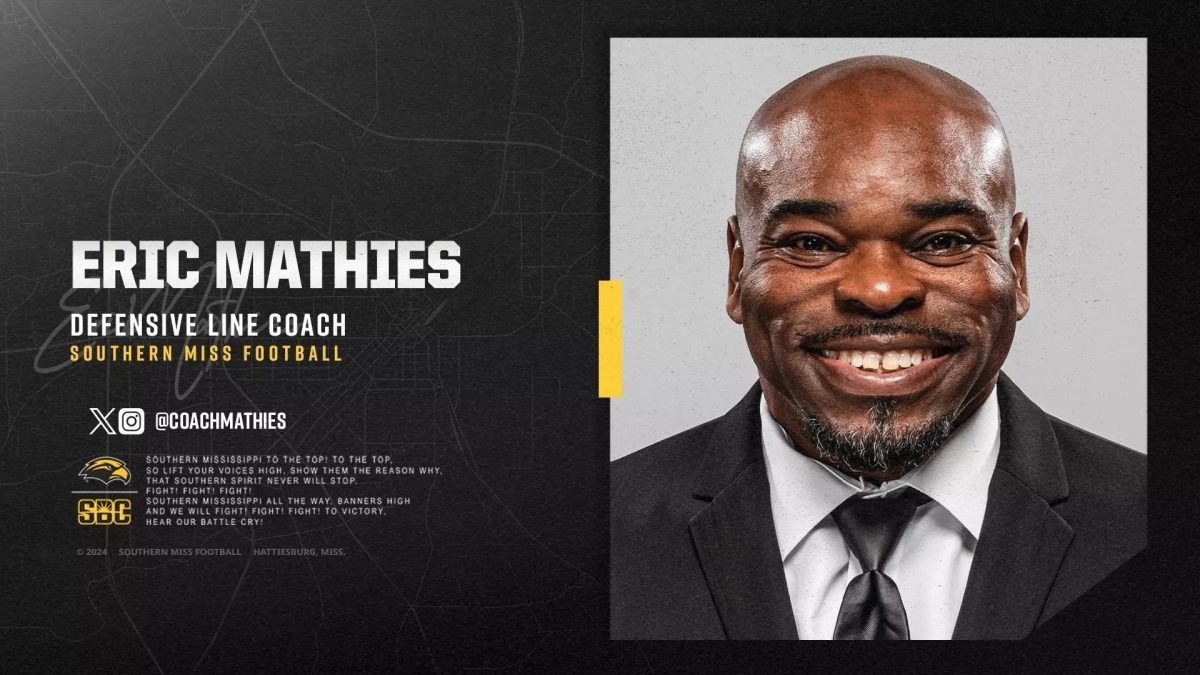THE NEUROSCIENCE OF INACTION: ACTION > TALK
December 5, 2020, 3:13 am,
Pacing around my living room, my neural juices are racing through my blood vessels in excitement. This idea is massive and one of a kind. I still can’t believe it. I can’t believe I could come up with such a fantastic idea. This is absolutely surreal. With my journal in hand, I scramble to the couch, scribbling down my ideas on paper for more clarity. In huge excitement, I can’t believe I finally figured this out. While I lay out these ideas on paper, all I can think of is the look on my friends’ faces when I tell this discovery to their faces. The execution seems very possible and straightforward, so I underestimate it – an underestimation that will cost me dearly.
February 6, 2024,
I have told everyone about this spectacle of an idea, but one thing is lacking. The excitement from this idea has dulled down quite drastically. Now, it is just my idea and myself. I can’t comprehend this absurdity as my drive is at such an all-time low. Undoubtedly, all my friends know about it now – some excited and some envious. Even more staggering, almost four years have gone by, and nothing has been done. Dwelling in this disguised comfort, little flashes of my excitement still come back to haunt me as I recede into a shadow of my former self. Inaction is indeed a slow death.
As college students, a key part of our lives is Growth. As adulthood dawns upon us, we realize that we have ourselves and ourselves only. Independence is a core goal of every college student – the sheer ability to cater for oneself mentally, physically, and financially. In this period of life, we begin to develop goals for ourselves. A majority wish the best for themselves – setting lofty goals while a minority only want a comfortable life. As gritty students of USM, it is no surprise that most of us fall into the former category. In the course of setting lofty goals, a trend is incredibly common – our Neuroscience gets the best of us.
Unexpectedly, a surge of excitement soars through us as we set lofty goals. However, many of us get so caught up in the excitement that we forget the crucial part – Execution.
If you’re anything like me, you’ve probably gotten tired of hearing the phrase – “Action speaks louder than words.”
The most annoying part about this saying is that our Biology proves it right. According to Neuroscience, when we set goals and write them down, there is a positive reaction in our brain and the probability of executing the idea is higher. The paradoxical aspect of this reaction lies in telling people so much about your idea without taking any action. While we tell people, a false sense of dopamine (the feel-good hormone) flows through us, creating a false sense of excitement. The sad part about this is that such excitement is short-lived. The misconception about our Biological currency – Dopamine – is that it spikes during the easy part like talking about our goals or after we achieve a huge goal. Although we experience a dopamine release, such happiness is only short-lived. Real dopamine is not realized at the destination but during the pursuit. In short, Dopamine is truly realized while we enjoy the pursuit of our goals – the reason why happiness comes from choosing problems we enjoy solving.
The pursuit is the Doing. True Dopamine is therefore an outcome of the Action rather than the talk. Throughout the course of all human interactions, all talk and little to no action create baseless friendships or relationships. Conversely, all goals and talk without any action will lead only to a baseless life. Consequently, we must withhold our excitement of our goals till we actually achieve them. This is the harsh paradox and reality of humanity. In other words, planning to do the thing isn’t doing the thing; talking about doing the thing; writing down the thing isn’t doing the thing. In other words, there is only one true path to true happiness – a conscious life of introspection and an active life of continuously solving problems you enjoy solving. Doing the thing is the only true path to real Dopamine.
According to Dan Koe, “A majority of our problems will be solved if we reduce the time between idea and execution.”
Consequently, rather than blabbing about your goals to friends who may have everything but your best interest at heart, find ways to get down to executing as soon as possible. The speed of execution saves you time and regrets. As a function of delayed gratification, doing the thing is almost never short, but the consequences are worth the wait. As always, we are all in this together. We Rise By Lifting Others.
Categories:
The Neuroscience of Inaction: Action > Talk
0
Donate to SM2
Your donation will support the student journalists of University of Southern Mississipi. Your contribution will allow us to purchase equipment and cover our annual website hosting costs.
More to Discover





























